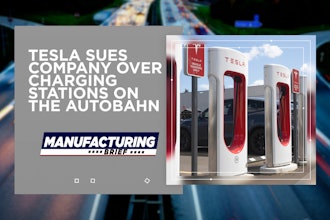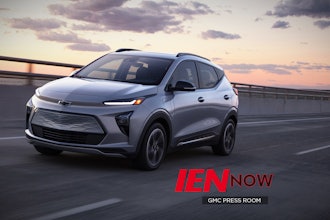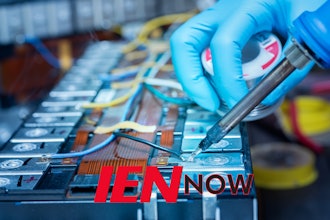Well, it turns out that EVs are not as sustainable as advertised, at least not yet. Even when an EV is in a minor collision, insurance companies write them off as a total loss, and a lot of them wind up in salvage yards.
A new report from Reuters looked into EV salvage sales in the U.S. and Europe and uncovered a lot of EVs from major automakers, like Tesla, Stellantis, BMW, Nissan and Hyundai. Most of the vehicles had low miles. The biggest problem seems to be the high-price battery, which is about half of an EV's cost. In some brands, like Tesla, the battery packs are a part of the car's structure to cut down on weight and cost, making them near impossible to repair. For example, Tesla's batteries were recently classified as having "zero repairability." The good news is that it's not impossible; it only takes a mechanic 314 steps to remove a Tesla battery, including removing most of the interior and floor area. Competitors GM and Ford are trying to improve repairability in future models.
When it comes to sustainability, the industry has long understood that while the batteries are recyclable, we just don't have many recyclers in business yet — in North America or around the world. Part of that problem is that, while many young EVs are already in the junkyard, we don't have a critical mass of end-of-life batteries to make battery recycling commercially viable.
As EV sales scale and models become more accessible, the glut of EV scrap should ease. A few EV recyclers have set up shop in the U.S., including Li-Cycle with a $485 million plant in Rochester, New York and Redwood Materials which has more than $700 million in backing, is run by a former Tesla exec who claims to have a plan to recycle up to 95% of lithium-ion batteries. And, pulling a play from the Tesla playbook, Redwood recently received a $2 billion loan from the Department of Energy to help ramp up construction.






















